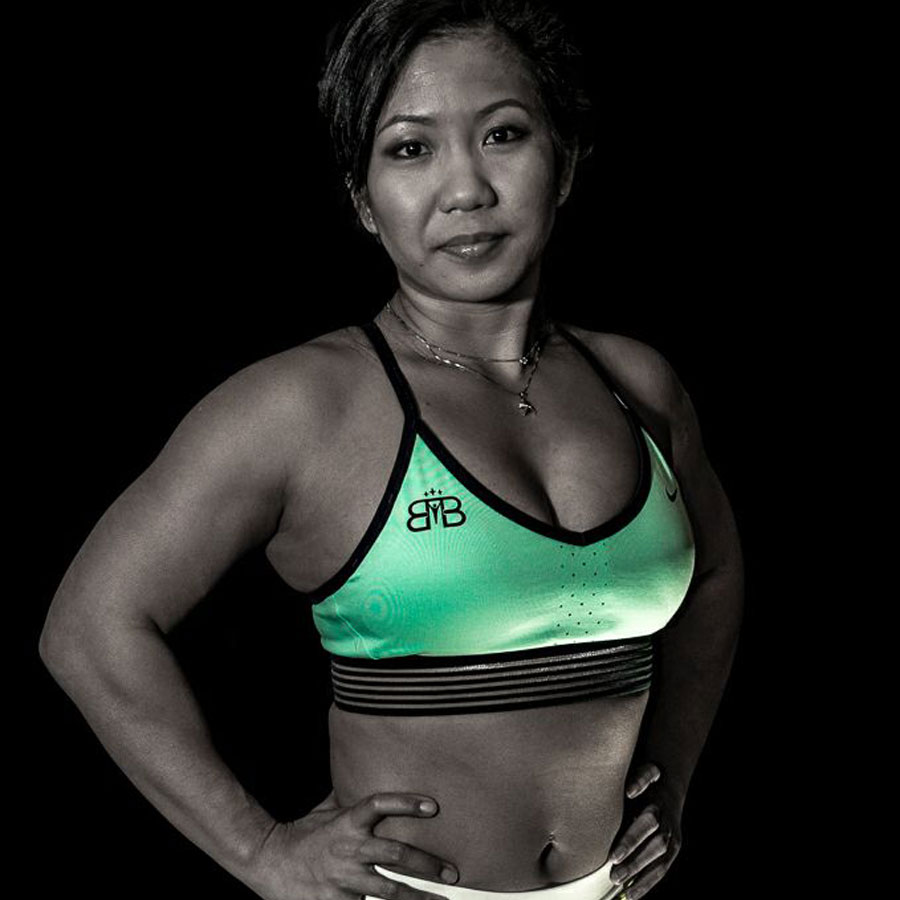“I’d Like to Look Toned, But Dear God, Please Don’t Give Me Muscles!”
If I had a dime for every time I hear a woman say those words (or variations of it) . . . . The reality is that I’m often perplexed by this comment. What’s wrong with muscles anyway? They are an essential part of our health, allowing us to maintain our metabolism, reduce the risk of diabetes, decrease fat storage in the body, preserve healthy bone density, improve disease recovery . . . . and the list goes on. If you want a well-functioning body, you’re going to have to accept a minimum amount of muscle mass.
After Age 50, You’re Fighting An Uphill Battle to Maintain Muscle Mass
Abnormal or excessive fat accumulation in the body, known as obesity, presents massive risks to overall health and longevity. And here’s an important fact, so I’ll put this in caps to be sure you remember: YOU DON’T NEED TO BE “FAT” TO BE OBESE. That’s right! You can be skinny and still be obese. It’s called Sarcopenic Obesity, and it get worse with age. Studies have shown that around the age of 50, muscle mass starts a much more rapid decline, so if you didn’t have a lot of muscle mass to begin with, you’d be engaged in a fight against time (note that if you didn’t have a lot of muscle mass to begin with, starting some kind of weight or resistance training at the age of 50 to maintain the little that you have is going to be that much more challenging).
Social Norms Have Us Dreaming of Bodies We May Never Have
So there’s my case on a physical health level as to why you might not want to demonize these bundles of fibrous tissues. But my next gripe is with the cultural implications of what we still expect the female body to look like. I’ve had friends and family say things like, “don’t work out too much, you don’t want to get too muscly.” It’s hard to believe that in the year 2020, anyone either male or female, would even consider saying something like that. It seems that very unfortunately, the ideal of a helpless woman still prevails in some cultures. Or at the very least that we should never look stronger than our men.
Perhaps the most disturbing thing to me in the end though is that in such statements, there is an underlying rejection of self-acceptance. We should be working towards greater health, but we often hold back from having optimal health, longevity and contentment for fear of looking a certain way. This is a reflection of detrimental conditioned ways of thinking, and perhaps an ignorance over how exactly we build muscles.
Big News – You Can Only Ever Look Like Yourself
Big news people! Unless you choose to go under the knife, take supplements, or performance enhancing drugs, you can only have the body that you have and its variations. You can only be the person that you are and its variations. You cannot be someone else, and you certainly cannot have someone else’s body. And not to fault anyone that thinks otherwise, as social media has certainly done its fair share of influencing and perhaps even skewing our beliefs. Take two of today’s biggest fitness influencers, Kayla Itsines and Kelsey Wells. Both, incredibly fit, but clearly very different body types. And the way social media is presented, it might have you believing that if you subscribe to Kayla Itsine’s program, you’ll come out with a body like hers, slender, and hardly a hint of muscle bulk, or that if you subscribed to Kelsey Well’s program, you’ll come out like her, toned with larger muscles and clearer muscle definition. Truth be told, you’ll end up like neither of them . . . . you will end up as a stronger, healthier version of YOURSELF, whatever that body-type may be.
You Cannot “Accidentally” Look Like A Body Builder
Most people that exercise a reasonable number of hours per week are not going to come anywhere close to gaining muscle mass like a body-builder, even if you’re in the gym everyday. It’s actually almost an insult to the effort that bodybuilders go through to build the bodies that they have for the average person to even consider that they could accidentally “look like a bodybuilder.” Bodybuilders train hard, use supplements, go through extreme diets and have a very rigid program that allows them to do what they do. The average woman, even if you worked out every single day is not going to look anything like that unless your genetics dictate it. And if that’s your genetics, why not embrace yourself as you are?
It is a misconception that weight-training (with dumbbells, barbells, kettlebells, machines) is specifically for building muscles, so that if a workout routine involves weights, it is designed to give you large muscles. That is simply not true. Weight training is a form of exercises that is designed to build and maintain muscle density, but that doesn’t necessarily mean that you’ll have big muscles. How you use these weights, your genetic makeup and your diet will determine how large your muscles become, and for most people, you will have to intentionally and purposefully put in a very disciplined amount of effort in order to build large muscles. So ladies, you don’t have to worry about picking up a set of dumbbells!
It’s also time we stopped dictating our exercise choices based on what we want to look like, and focus more on what we want to feel like. The truth is, once you start feeling healthier, stronger, improve your cardio fitness, you will care less about what your body actually looks like. We were not meant to look like each other. There isn’t really an ideal body type, just the ones that have been made up by the people who use it to entice you to spend your money on things they are trying to sell you. Your ideal body should just be your own in its healthiest form, and whether that’s bulky, muscly, toned, soft, skinny, what have you, don’t let anyone fool you into thinking that you could sustainably maintain a body that is unnatural to your own genetic makeup.
Being Body positive, Making Others Feel Good About Themselves
Body positivity isn’t just about feeling good about yourself as you are, it’s also about not making other people feel less about themselves. When you look at the feature photograph of this blog, be honest and ask yourself what thoughts you have towards it. Well, that’s my sister, during the height of her competition days. She was a competitive powerlifter on the Great Britain Powerlifting team and also competed frequently in friendly calisthenics events. I’m quite proud of her, but unfortunately, people have felt at liberty to give her unwanted advice about her physical appearance. That, my friends, is not being body positive. In fact, it’s not positive in any respect. It’s 2020, and judging people based on their appearance is, quite frankly, out of fashion. I’ve heard people say, “I don’t want to look like HER.” Don’t worry, you won’t. You will only look like yourself. To look like her, first of all, you have to be her. Second of all, you’d have to train harder than you can likely manage and adhere to a strict nutrition plan that you will likely not be able to follow through with. And if you had that kind of discipline in the first place, I’d imagine you’d be a person who wouldn’t care too much about what others think you look like in the end.
So to sum it up, get out there, get healthy, get strong, get happy, and stop fussing about the aesthetic details. And, if it turns out that your man can’t deal with you lifting a little heavier than him at the gym, then he’s got his own personal soul-searching to do.
Model: Jasmine Lake (IG – @jazzotravelsandtrains); photographer: Brendan Lake
About the Author
Julie Moksim is co-founder of Urban Yogis. She is Singaporean by birth but a global citizen by lifestyle. Julie began her yoga journey in Boston in 2003. Today she runs Urban Yogis and a Yoga Cooperative in Laos called Luang Prabang Yoga.



Great article Julie!
Well written food for thought.